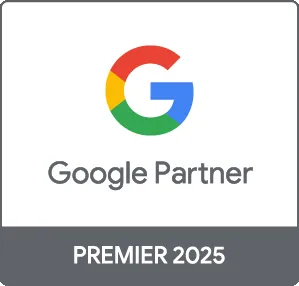PPC (Pay-Per-Click) advertising is a powerful tool for local businesses looking to increase their visibility and attract customers. This guide explores the essentials of PPC advertising, focusing on strategies and best practices specifically tailored for local markets. Learn how to effectively use PPC to get the most out of your advertising budget and drive foot traffic to your business.
What is PPC Advertising?
PPC advertising allows businesses to place ads on search engines and other platforms, paying only when a user clicks on the ad. This model can be especially beneficial for local businesses, as it enables targeted advertising based on location, keywords, and user behavior.
Why Local PPC Advertising Matters
For local businesses, driving foot traffic and online inquiries is crucial. Here's why PPC advertising is essential:
- Immediate Visibility: Unlike SEO strategies that can take time to yield results, PPC provides instant exposure in search results and social media feeds.
- Targeted Audience: You can set specific geographic targets, ensuring your ads reach users within your service areas.
- Budget Control: With PPC, you can manage your advertising spend effectively, making it easy to adjust your budget based on performance.
Key Strategies for Local PPC Success
1. Optimize Your Location Settings
Make sure your PPC campaigns are targeting the right local areas. Utilize geo-targeting tools to focus your ads on specific cities or neighborhoods where your ideal customers are located.
2. Use Location-Based Keywords
Incorporate local keywords in your ad copy, targeting terms that potential customers are likely to search for along with your products or services. For example, instead of just "plumbing services," use "plumbing services in Pretoria" to attract local clients.
3. Write Compelling Ad Copy
Effective ad copy should be clear, concise, and include a strong call to action. Highlight any special offers, time-sensitive deals, or unique selling points that differentiate your business from competitors.
4. Implement Ad Extensions
Ad extensions provide additional information, such as your business address, phone number, and links to specific pages on your website. This makes your ad more informative and encourages users to click through.
5. Monitor and Adjust Your Campaigns
Regularly review your PPC performance metrics, such as click-through rates (CTR) and conversion rates. Use this data to make informed decisions about your budget allocation and ad strategies, optimizing for success over time.
Leveraging Google Ads for Local PPC
Google Ads is one of the most popular platforms for running PPC campaigns. It offers a variety of tools for local businesses, including:
- Location Targeting: Focus your ads on specific areas or radius around your business.
- Ad Scheduling: Choose specific times and days when your ads should be shown, optimizing for peak customer activity.
- Performance Tracking: Access detailed analytics to measure the success of your campaigns and make adjustments accordingly.
Conclusion
PPC advertising can be a game-changing strategy for local businesses seeking to boost visibility and drive sales. By implementing the strategies outlined in this guide, you can create effective PPC campaigns that reach your target audience, maximize your advertising budget, and ultimately lead to business growth. At Prebo Digital, we specialize in helping local businesses optimize their PPC advertising efforts. Contact us today to learn how we can help you succeed!





